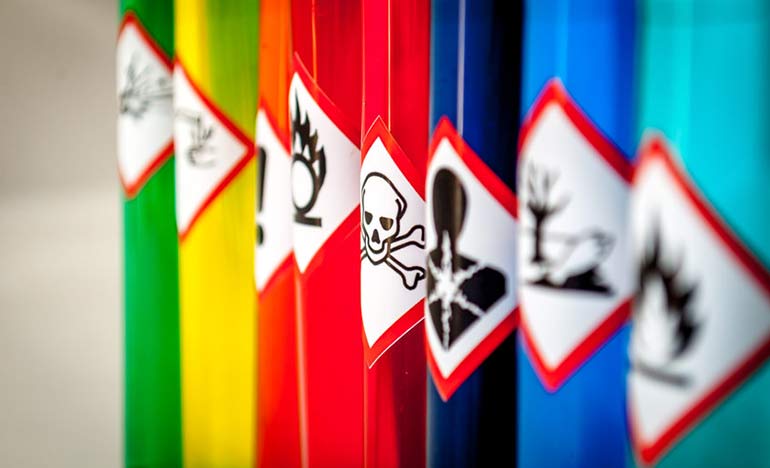HFC/HFO ban would have “major consequences”
20th September 2021
NETHERLANDS: The Dutch association representing 400 refrigeration and air conditioning companies has hit out at its own country’s proposals which could ban HFCs and HFOs under a new REACH regulation.
In July, the Netherlands, along with Germany, Norway, Sweden and Denmark, jointly submitted a proposal to ban a wide range of PFAS, a group of more than 4,700 chemicals which also includes HFCs and HFOs. Some of these substances are known to be highly persistent in the environment, contaminating groundwater, surface water and soil, and causing serious health effects.
The NVKL maintains that such a ban would have “major consequences” for the refrigeration and air conditioning industry and believes that the F-gas regulation is “the correct European legislation” to regulate the use of synthetic refrigerants.
“In addition, HFCs and HFOs disintegrate relatively quickly into substances (TFAs) that also occur in nature. They are therefore much less persistent than many other PFAS substances, which is another reason not to include these substances on the European list of banned chemicals,” the group says.
The NVKL admits that at the moment there are still many uncertainties about how the proposals will develop but insists it will exert its influence within the Netherlands but also through AREA, the European umbrella organisation.
Related stories:
REACH proposals could hit HFC and HFO refrigerants – 21 July 2021
EUROPE: While Europe continues with the HFC refrigerant phase down, new proposals to be put before the Commission could see further restrictions or even bans on HFCs and HFOs. Read more…
REACH proposal is unclear – 23 July 2021
EUROPE: The European chemical trade association, CEFIC, has admitted that it is unclear what HFC and HFO refrigerants are included in the new REACH regulation proposals. Read more…
Refrigerants under threat from new PFAS proposals – 15 July 2020
EUROPE: Proposals to restrict the use of PFAS – a range of chemicals dangerous to health – could further impact the use of HFC and HFO refrigerants in Europe. Read more…







